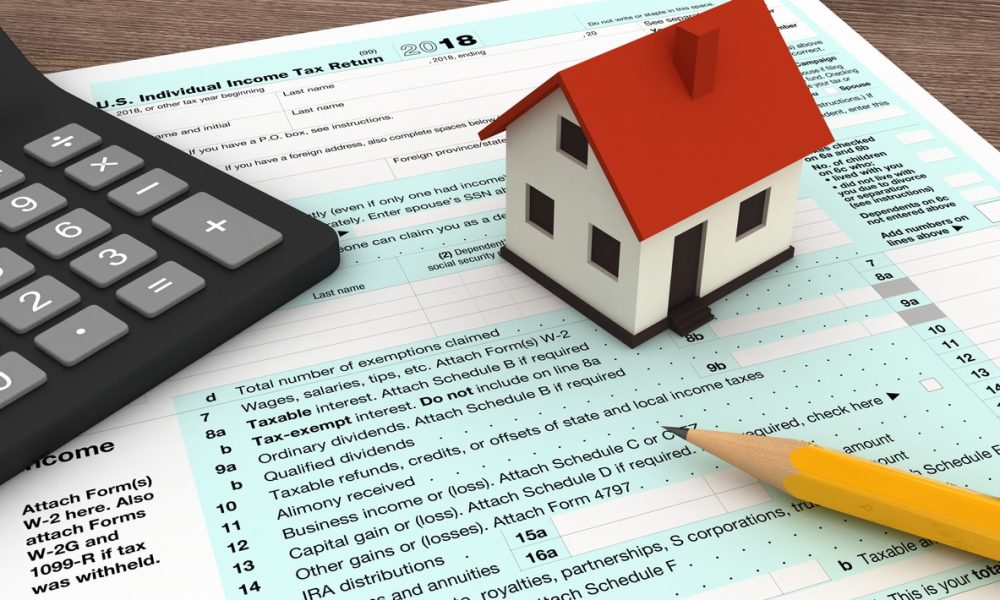What the Florida Homestead Exemption Does for You
All Florida homeowners should know about their right to apply for an exemption that protects them against jumps in property appraisal values and the resulting raises in property taxes, and also from judgement creditors. In simple terms, the homestead exemption, enshrined in the Florida constitution, is designed to safeguard residents’ homes.
That sounds great. But how do you apply for it?
You can apply for the Florida homestead exemption as long as you are a permanent Florida resident, and the homestead property is your primary residence. Corporations, limited liability companies, irrevocable trusts, or partnerships cannot apply for homestead exemption.
Where and When to Apply
To apply for your Florida homestead exemption, you need to meet some specific requirements that must be completed within a certain timeframe and in a certain order. Most importantly, Florida law requires the homeowner to own and occupy the residence as of January 1st of the year in which the application is made, though you may file the application as late as March 1st of the tax year in which the exemption is sought. Application forms are available from the property appraiser’s office in the county in which the residence is located. It can also be found online.
Application Requirements
When applying for the homestead exemption, you must have:
A valid Florida driver’s license or state-issued ID card. If you’re moving to Florida from out of state, Florida law requires new residents to apply for a driver’s license within 30 days of establishing residency and to register their vehicles within 10 days of establishing residency.
A valid voter’s registration or a Declaration of Domicile with your Florida address. A Declaration of Domicile is a legal document that states your intention to make Florida your permanent and primary residence, where you live for most of the year. It must be filed with the clerk of the circuit court in the area where you intend to live.
At least one vehicle registered in Florida. To do this, you must first have the vehicle insured by a company that does business in Florida.
Proof of property ownership in the form of a copy of a tax bill or deed. If you hold the property’s title in a trust, you may be required to submit a Certificate of Trust. If you plan to put the property in a trust, you might need to include a homestead paragraph in the trust indicating that you or your spouse has “the exclusive and continuous present right to full use, occupancy and possession of the homestead residence for life.” Without this, your homestead exemption may be denied, as a trust is not considered a natural person under the law. Before transferring your property into a trust, you should consult with a licensed Florida real estate lawyer to avoid any complications.
Once all of this is done, your homestead exemption may still be denied provisionally if you have other property. You will need to provide a form signed by the assessor in any other county or counties where you own residential property that states that you are not claiming a homestead exemption for this property.
It sounds like a lot, but it is straightforward, and once it is done you shouldn’t have to repeat the process. Besides, a little upfront effort is more than worth the long-term tax savings.
What to Do if Your Exemption is Denied
Despite your best intentions your homestead exemption application could be denied. Maybe you didn’t file in time, or the property appraiser determined that you failed to meet the homestead exemption requirements.
Regardless of why this happens, if your homestead exemption is denied you have 30 days from receiving the notice of denial to file a petition with the county Value Adjustment Board, which is part of the Clerk of Court’s office.
If your petition is denied by the Value Adjustment Board (VAB) you may make an appeal to the circuit court, which must be filed within 14 days of the Value Adjustment Board’s decision.
You can also take your appeal directly to circuit court without going through the VAB, but you must pay the property taxes in full, or at least the amount that you admit that you owe.
Exceptions to the Florida Homestead Law
The Florida Homestead Law offers many advantages, but there are limitations and restrictions on when and how it applies. Homestead doesn’t apply to mechanics liens on the property used to repair, build, or improve your homestead. Liens that were recorded before acquiring your property, such as special assessments or HOA fees.
Your homestead does not make you exempt from state and property taxes or federal IRS liens, or mortgages and home equity loans.
Lastly, the Florida homestead exemption cannot be applied to property obtained through fraud or the committing of a crime.
Also, while there is no restriction on the square footage of the property, there in a limitation on the size of your lot. Homestead protection applies to residences within a municipality of up to half an acre, and up to a contiguous 160 acres outside of a municipality.
The Florida homestead exemption, in addition to protecting the home from creditors, affords the Florida homeowner potential significant property tax savings so long as you follow the necessary steps to apply. Speaking with a board-certified Florida real estate lawyer will help you navigate the process as quickly and as easily as possible, while avoiding any denials or other delays.
Contact Florida Bar Board-Certified Attorneys David E. Klein, Esq. and Guy Rabideau at Rabideauklein.com. They have the expertise and experience you need to ensure that your interests are protected throughout your real estate transactions in the Town of Palm Beach, across the Palm Beaches and throughout Florida. Contact Rabideau Klein today to discuss the legal implications of your Florida property transactions.

